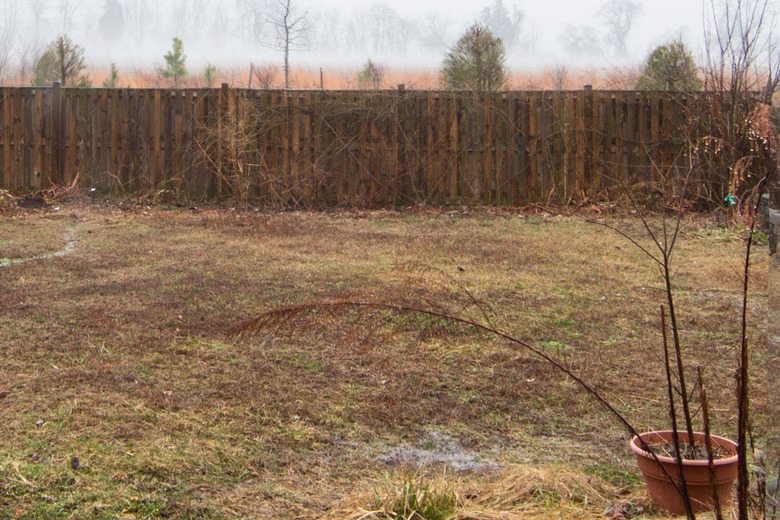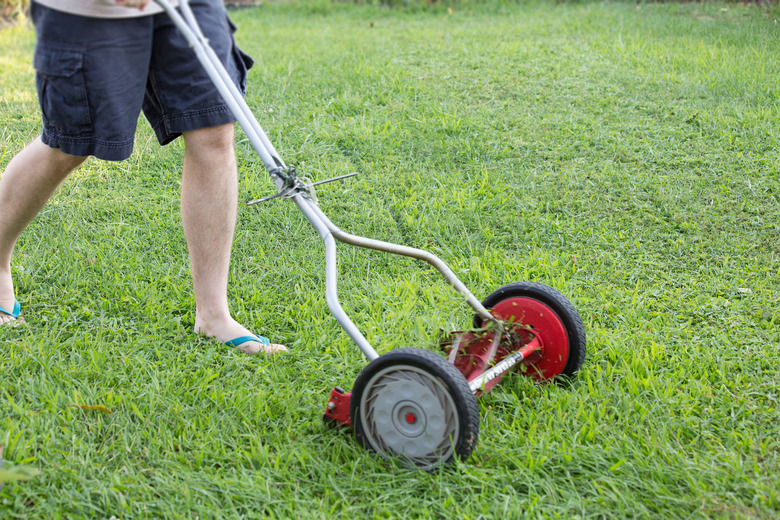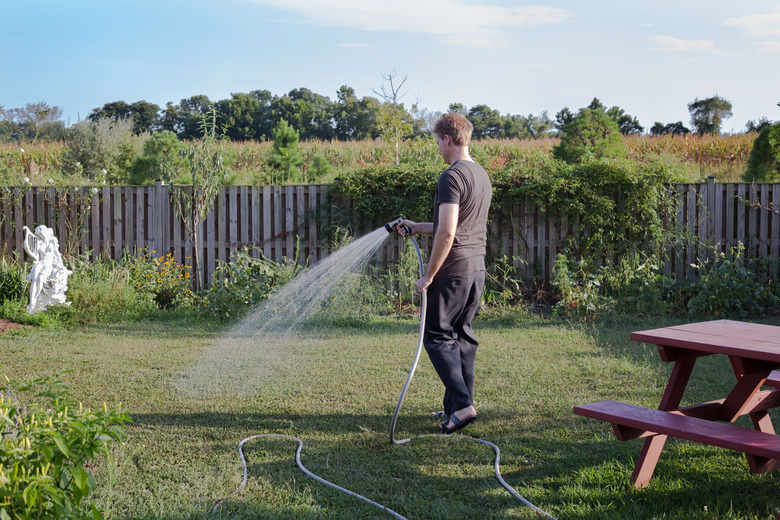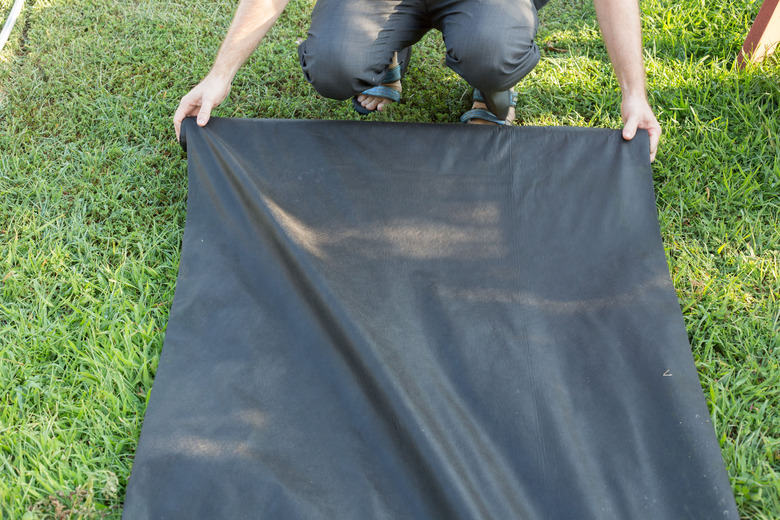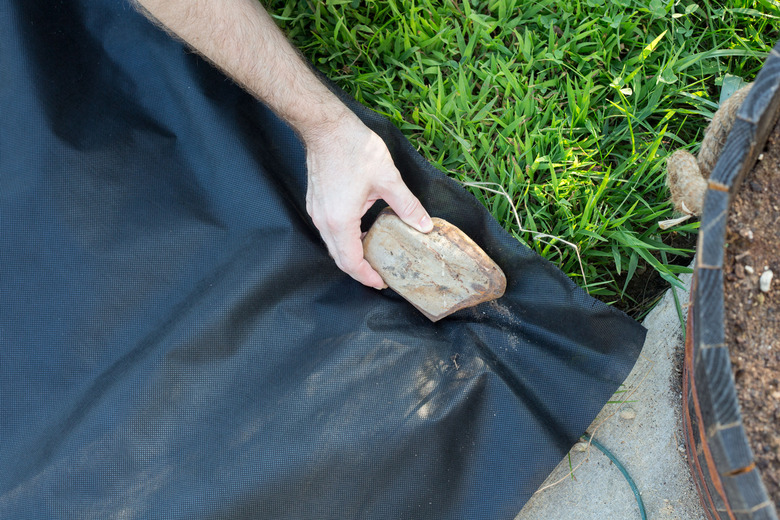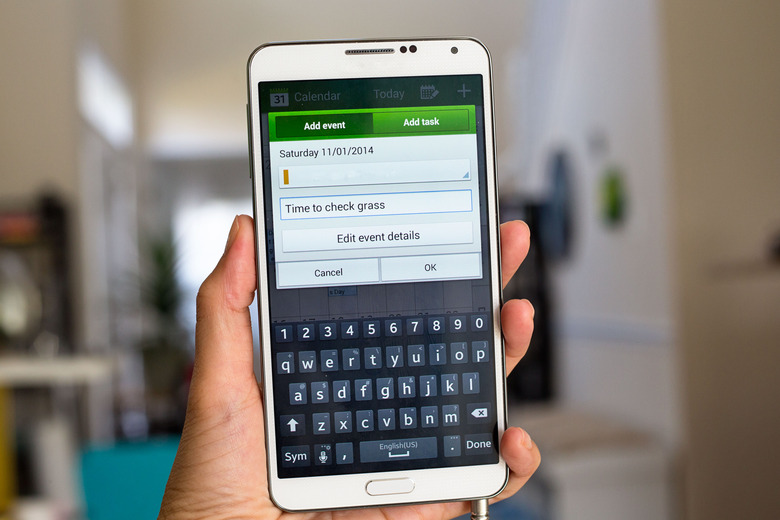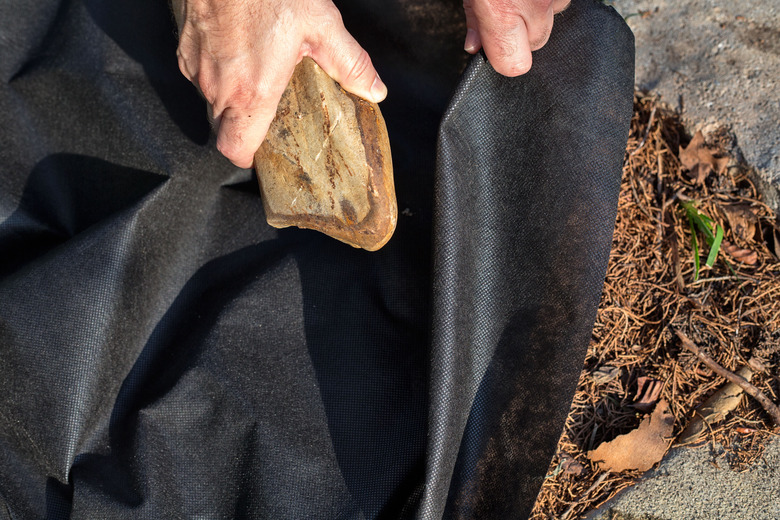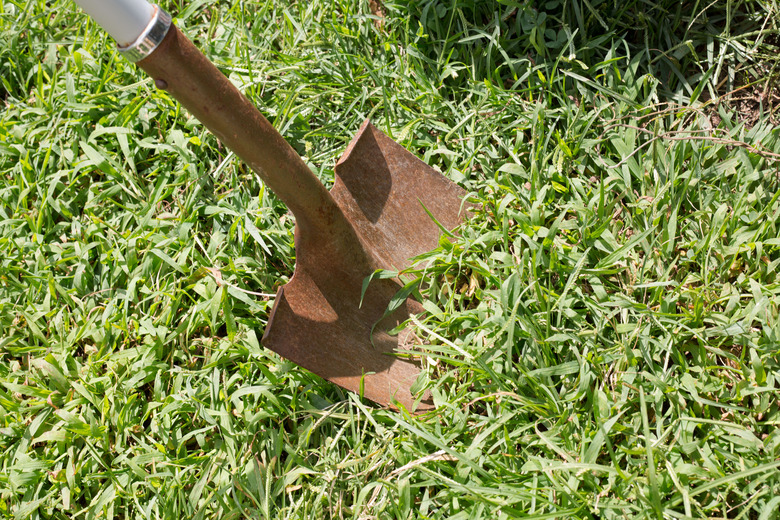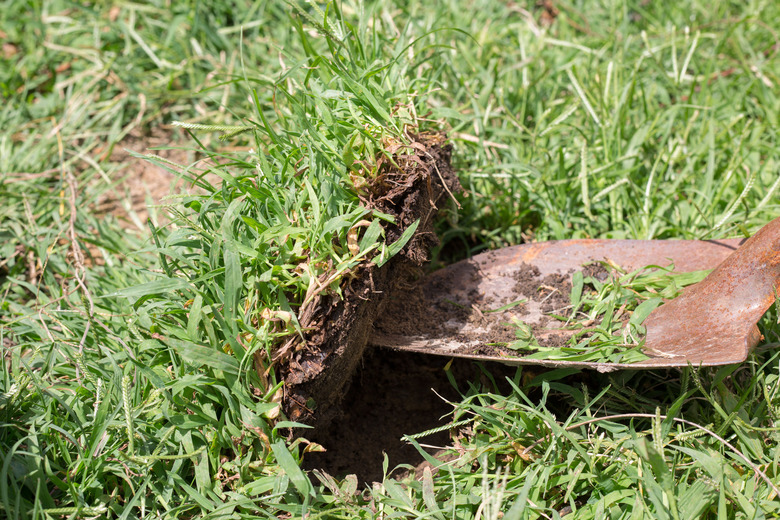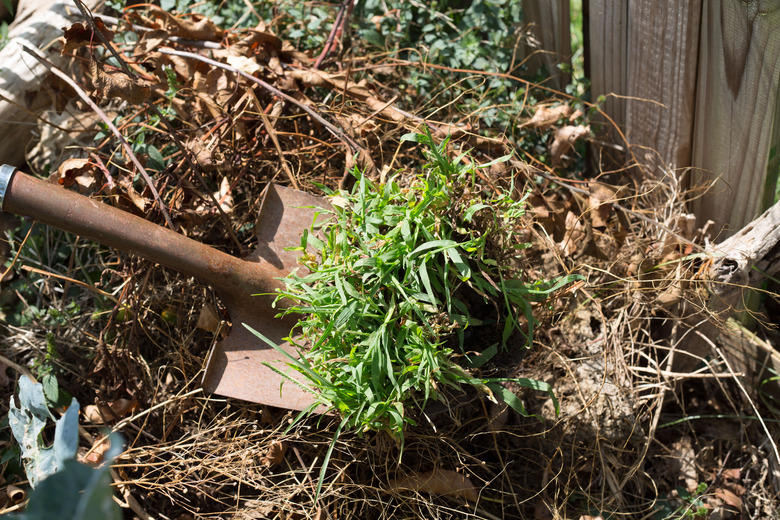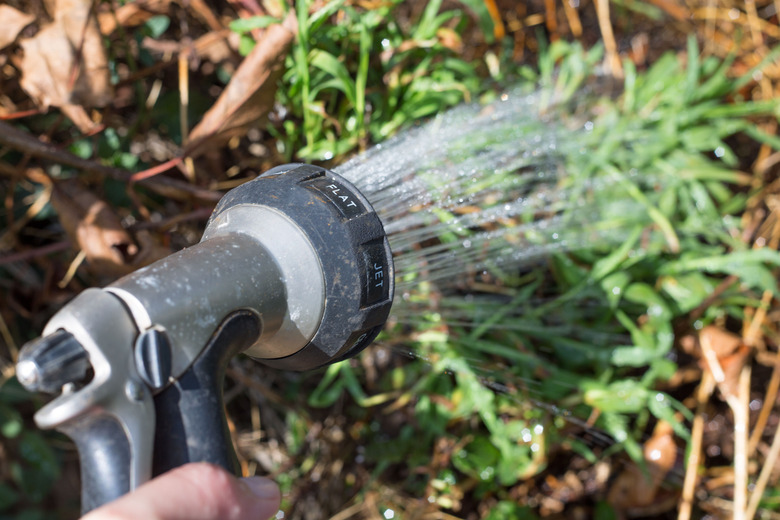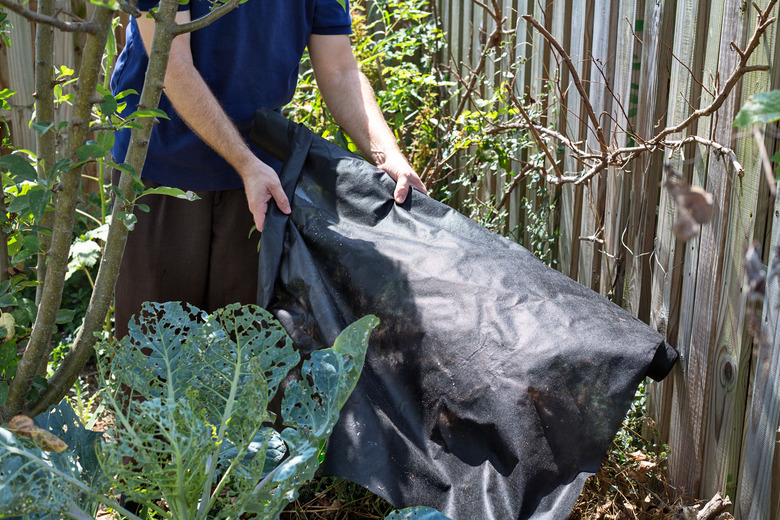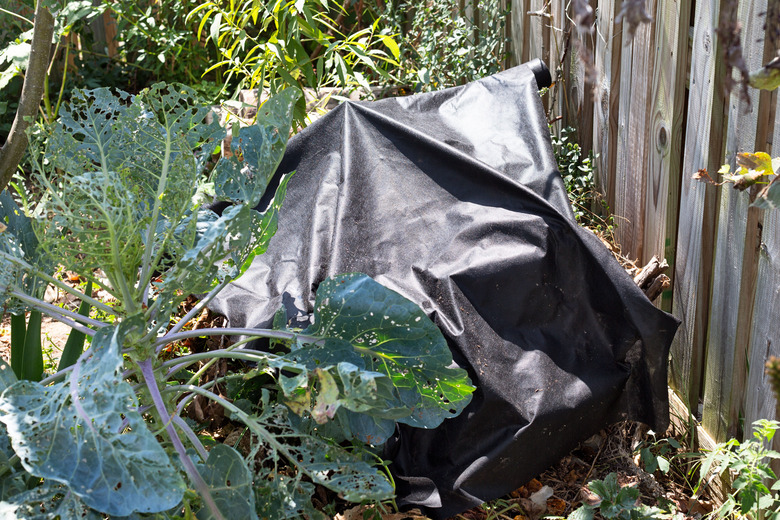How To Kill Grass Permanently
Things Needed
- Lawnmower
- Black plastic
- Rocks, stakes, bricks or other weights
- Sod remover or spade
Tip
Solarization works best when done at the end of spring and is most effective in areas where the summer is hot. An herbicide will kill grass permanently, but it's an expensive option unless you are dealing only with a very small area. If you decide to use an herbicide, use an environmentally friendly brand that contains glyphosate, since it does not linger as long in the environment as some other herbicides.
Warning
Digging up the sod is not an effective method for many types of grass with deep roots, including common Bermudagrass (Cynodon dactylon) and many species of hybrid Bermudagrass (Cynadon spp.). Digging is a good method for removing grass with shallow roots, such as bentgrass (Agrostis spp.) or Kentucky bluegrass (Poa pratensis).
When it's time to replace your lawn with new grass or other plantings, such as water-friendly xeriscaping, you must first kill the old grass. If it isn't killed permanently it will make a nuisance of itself by continually growing back. If you have a lot of time, you can use a slow method, such as solarization, to kill it in place, but if you're in a hurry it's best to dig up the sod and remove it before killing the grass you've taken away.
Solarization
Step 1
Cut the grass as short as you possibly can.
Step 2
Water the entire area thoroughly, allowing the water to soak deeply into the soil.
Step 3
Cover all of the grass to be removed with heavy-duty sheets of black plastic. Many garden and home centers have this available in rolls suitable for covering a large area. The plastic cannot have any holes in it.
Step 4
Put stakes, rocks or other weights all the way around the edge of the plastic to prevent air from getting under it and hold it securely in place.
Step 5
Leave the plastic on the grass for one to two months. If the weather is hot and sunny, a shorter time is required; if it is cooler, a longer time is required. In some areas it can take as long as six months to completely kill the grass.
Step 6
Remove the anchors and the plastic once the lawn is dead. Not only is the grass permanently killed, but the soil is effectively sterilized, so weeds, pests and pathogens will typically also be gone.
Sod Removal
Step 1
Cut through the sod using a sod remover for large areas or a sharp spade for small sections.
Step 2
Lift out the sod completely and remove it from the area.
Step 3
Pile the sod in an area that needs building up or just a spot that is out of the way.
Step 4
Soak each layer of sod with water as you place it on the pile.
Step 5
Cover the sod with black plastic and weight it down so no air can get underneath.
Step 6
Leave the sod until all the grass and roots have died, usually several months.
